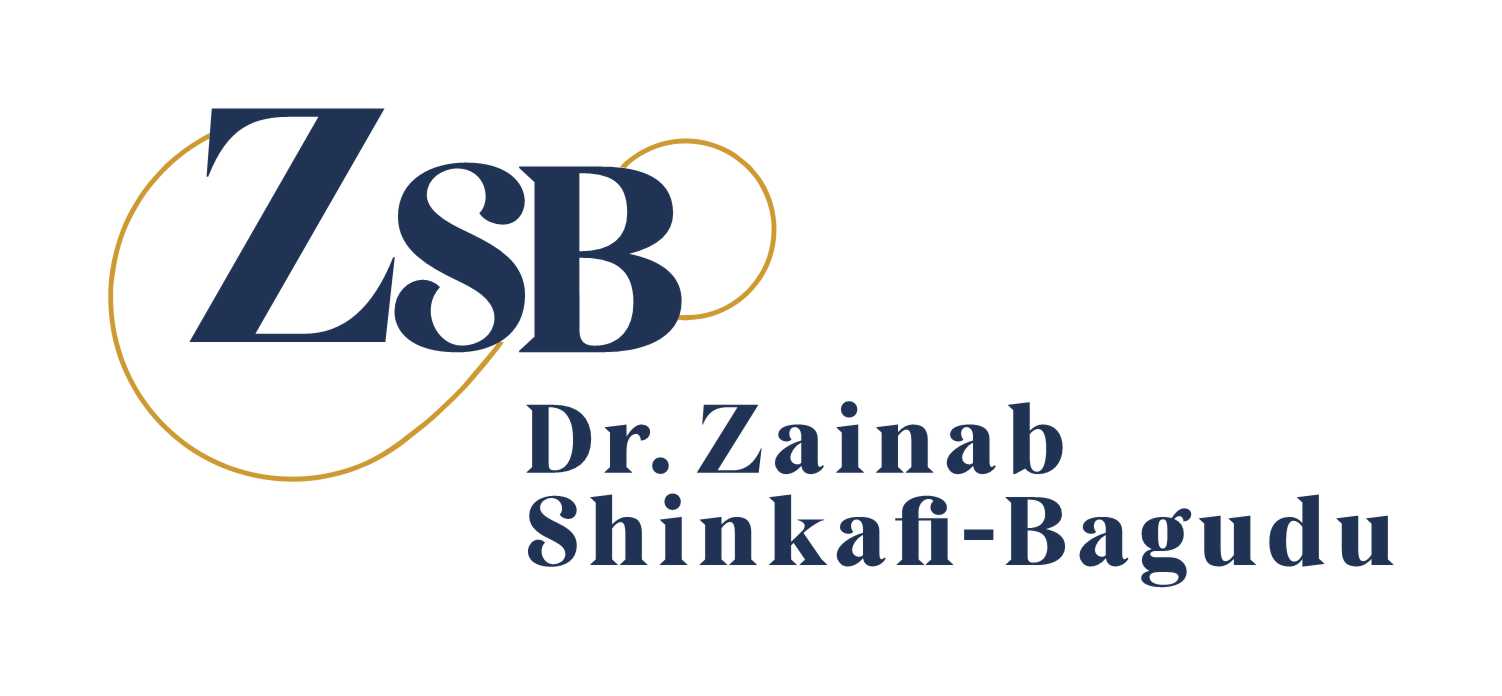This week, I had the honor and pleasure of attending #ASCO24, an event at the forefront of global cancer research and treatment advancements. This year’s prioritization of equity and innovative models in oncology aligned with our work and focus on the African cancer community. It was a whirlwind of cutting-edge research, inspiring stories, powerful connections, and daily testing of my coordination skills as I made my way through the McCormick Place Convention Center in Chicago.
As an active player in the African cancer nonprofit sector, I focused on sessions that directly impact how we can improve cancer care within the African continent. Here are some key takeaways that resonated deeply:
1. Bridging the Equity Gap: Early Detection for All
One of the standout sessions led by Dr. Lisa Newman, focused on strategies for diverse population screening and early detection based on studies around screening programs for breast, cervical, and colorectal cancers. It highlighted the stark disparities in cancer screening and detection rates between developed and developing nations, more importantly, it focused on approaches to mitigate late-stage diagnoses.

Key takeaways from this session include:
• Community and Healthcare Worker Engagement: The importance of culturally sensitive community engagement and HCW capacity building in increasing screening uptake.
• Policy Advocacy: The critical role of policy advocacy in ensuring equitable access and sustainability to screening programs.
• Early detection is crucial, but its true power lies in connecting patients to timely and effective care.

2. Revolutionizing Rural Oncology: Bringing Care Closer to Home
Another pivotal session was on revolutionizing rural oncology, it showcased innovative and inspiring models for delivering quality cancer care in rural settings. Key takeaways from this session include:
• Teleoncology: Utilizing telemedicine to provide specialist consultations and follow-up care to patients in rural areas.
• Mobile Clinics: Mobile clinics are deployed to bring cancer care directly to rural communities.
• Training Local Health Workers: Empowering local health workers with the necessary training and resources to deliver quality cancer care in rural settings.

3. Building Bridges: Partnerships for Progress
Engagements with key organizations such as ASCO’s Conquer Cancer, African Organization of Cancer Research and Treatment, City of Hope, City Cancer Challenge, and UICC’s Access To Oncology Medicines, were incredibly fruitful. These partnerships are crucial for sharing knowledge, resources, and strategies to improve cancer care across the continent. The collaborative spirit at ASCO24 was palpable, and I am excited about the potential for these partnerships to drive meaningful change in cancer outcomes in Africa.

4. ASCO-AORTIC Side Meeting
I shared our experiences leveraging advocacy to advance the implementation of national cancer control plans and cancer research at the ASCO-AORTIC side meeting. It was an invaluable platform to connect with leading African cancer researchers from the continent and the diaspora. Our discussions underscored the importance of collaborative efforts in addressing the unique challenges we face in cancer control and research in Africa.
The Road Ahead
ASCO24 has brought valuable insights and connections to take back and translate into actions and results. By working together, implementing innovative strategies, and forging powerful partnerships, we can create a future where everyone, regardless of location or circumstance, has access to quality cancer care. Although we are moving the needle, I look forward to a day we can host meetings of this scale in Africa. We have the numbers and even the resources. What we need is simply more political will and advocacy in the corridors of power.
What are your thoughts on these topics? How can we work together to improve cancer outcomes in Africa? Share your insights in the comments below and let’s connect.


